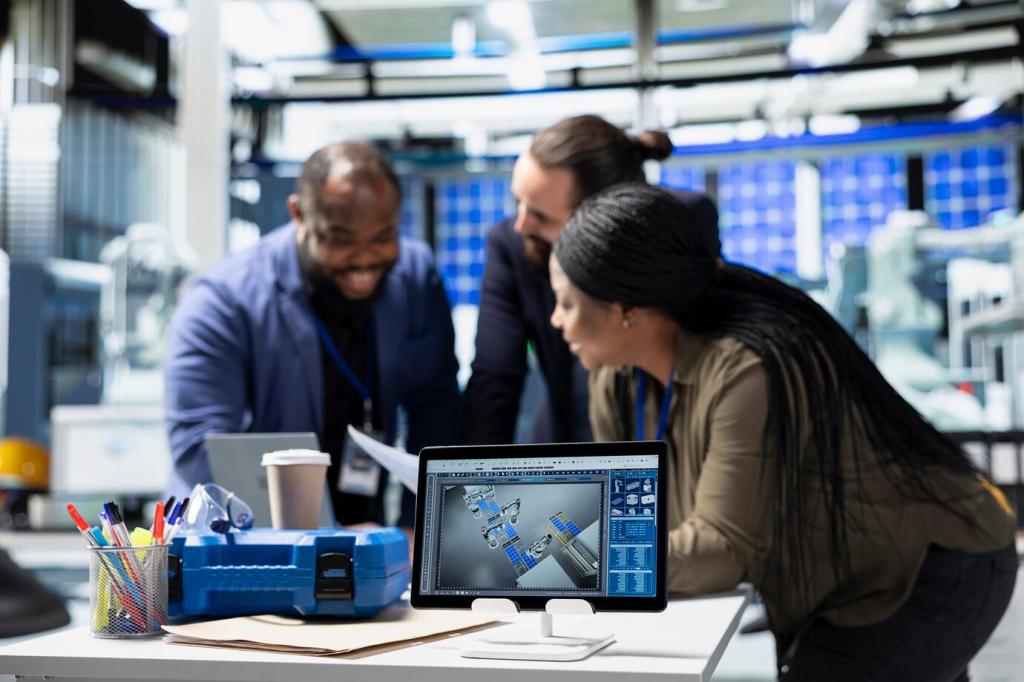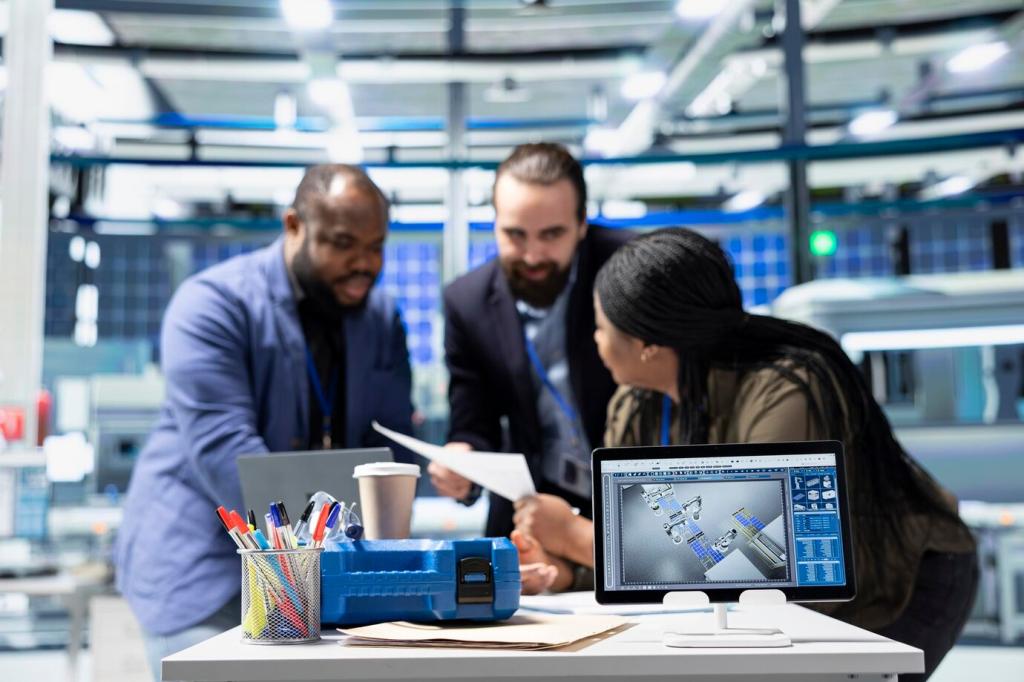Why Recycled Materials Matter Now
Every bottle, can, and cardboard box you recycle is a tiny vote for a circular economy. Instead of burying resources in landfills, recycled materials get a new life as durable products, keeping value in circulation. That shift reduces pollution, conserves raw materials, and strengthens local supply chains.
Why Recycled Materials Matter Now
Manufacturing with recycled inputs generally uses significantly less energy than using virgin resources, translating to meaningful greenhouse gas reductions. Recycled aluminum, for example, can save the vast majority of energy compared to primary production. When multiplied across buildings, packaging, and infrastructure, those savings help stabilize our climate trajectory.
Why Recycled Materials Matter Now
During a neighborhood cleanup, we uncovered glass shards that once held family celebrations. Seeing them transformed later into sparkling terrazzo tiles for a community table felt powerful. That table became a gathering point, proof that mindful choices can literally rebuild shared spaces with heritage and heart.
Why Recycled Materials Matter Now
Lorem ipsum dolor sit amet, consectetur adipiscing elit. Ut elit tellus, luctus nec ullamcorper mattis, pulvinar dapibus leo.





